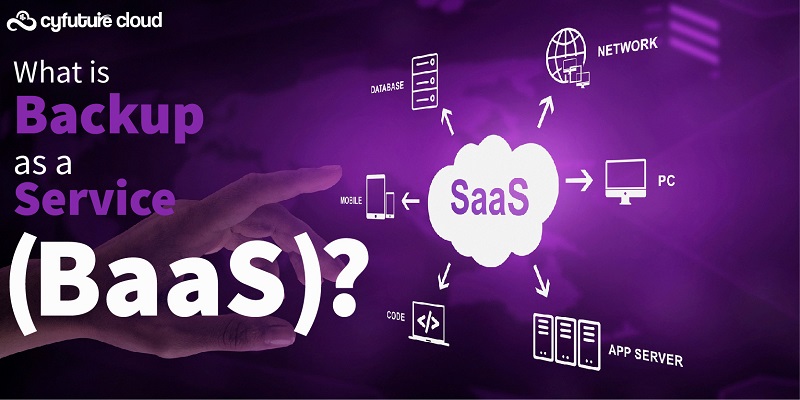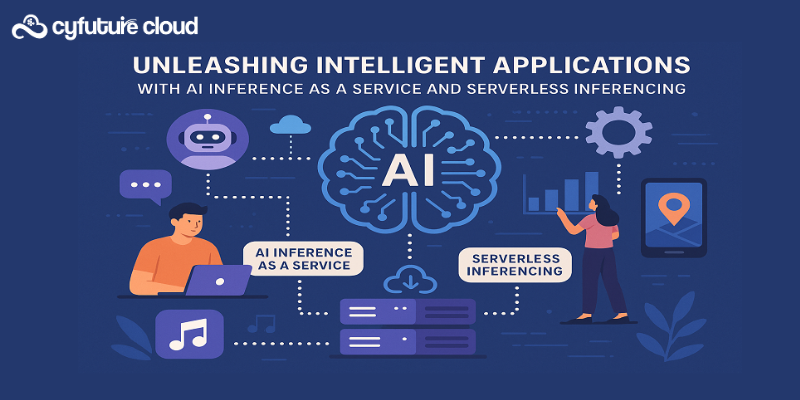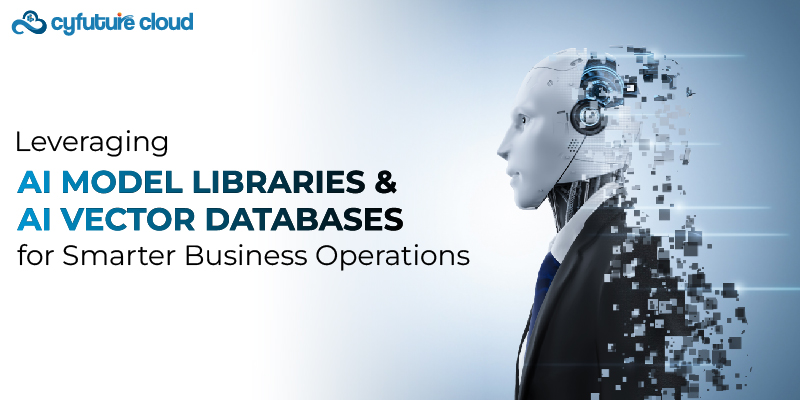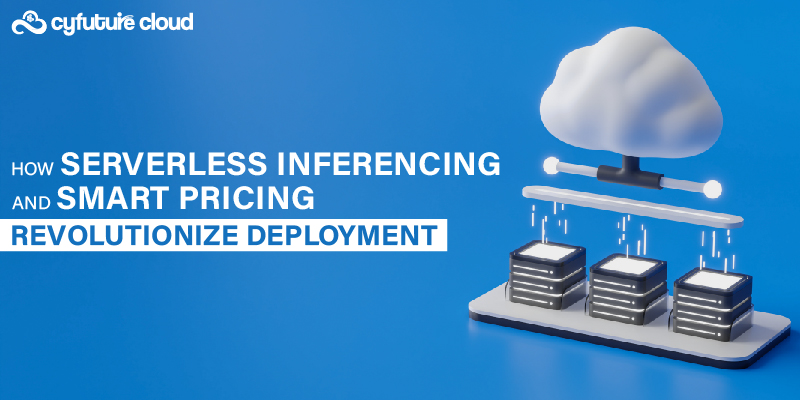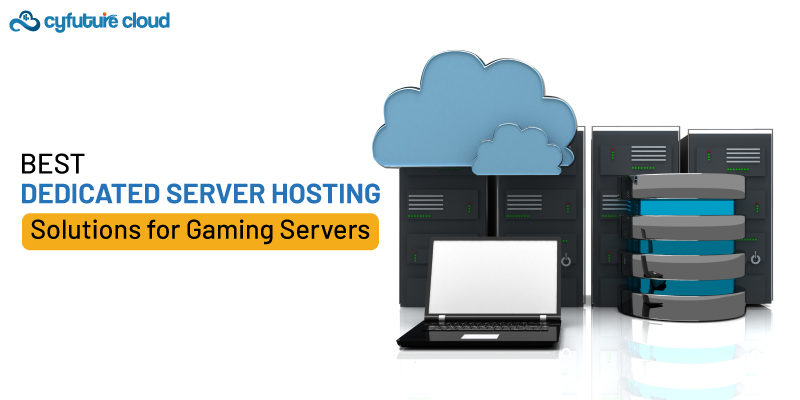Table of Contents
“Containers are pivotal in DevOps and CI/CD pipelines as they offer a consistent environment for developing, testing, and deploying applications. This uniformity enhances collaboration, speeds up software delivery, and simplifies scaling. Additionally, containers support the adoption of microservices and cloud architectures, making the CI/CD pipeline more efficient and flexible.”
DevOps aims to bridge the gap between development and operations teams by sharing software and dependencies. By using DevOps containers, conflicts among different environments can be eliminated, promoting effective collaboration and continuity.
To determine the best type of container for your organization, it’s important to explore the different types of containers used in DevOps. In the past, organizations used Operating system-centric solutions like monolithic system containers that are designed for virtual machines.
Today, many organizations use application containers that run on individual processes, aligning with immutable infrastructure and microservices-centric solutions.
Containers have become an essential part of the DevOps and CI/CD pipeline, providing a flexible and efficient way to package, distribute, and deploy software.
In this blog post, we will explore the role of containers in DevOps and CI/CD pipelines and how they have changed how organizations develop and deliver software.
What are Containers?
Containers are a lightweight and portable way to package software or application and their dependencies into a single unit. It can run in every environment as it has all the necessary elements. They are similar to virtual machines (VMs) but do not require a full operating system (OS) to run, making them more lightweight and efficient.
Containers virtualize the operating system and run anywhere, from a private data center to the public cloud or on a developer’s laptop. In Containers, everything is at Google runs whether it is from Gmail to YouTube or to Search.
Containers use a shared OS kernel and only include the necessary libraries and dependencies for the application to run. This makes them easy to distribute and deploy, as they can run on any system that supports the container runtime.
Containers have become increasingly popular in recent years, with the rise of containerization platforms such as Docker, Kubernetes, and OpenShift. These platforms provide tools and APIs to manage and orchestrate containers, making it easy to deploy, scale, and manage applications in a distributed environment.
Containerization allows development teams to move fast, efficiently deployment of software, and operate at an unprecedented scale. We’ve learned a lot about running containerized workloads and shared this knowledge with the community: from contributing groups to the Linux kernel.
The Role of Containers in DevOps
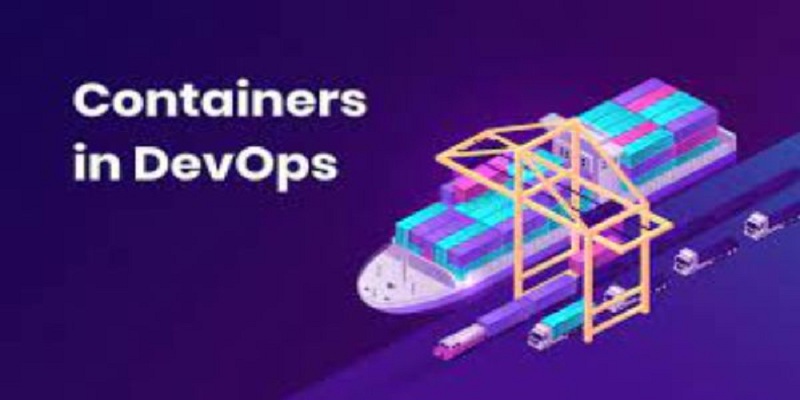
DevOps is a culture and set of practices; the purpose of that is to bring development and operations teams together. It is used to improve collaboration, communication, and software delivery speed. Containers play an important role in DevOps by providing a way to package, distribute, and deploy software consistently and predictably.
Containers effortlessly deploy and scale applications in a distributed environment. With container orchestration platforms like Kubernetes, it’s easy to deploy and scale applications across multiple nodes in a cluster. This enables organizations to take advantage of cloud services like Amazon Elastic Container Service (ECS), Google Kubernetes Engine (GKE), and Microsoft Azure Container Service (ACS) to deploy and scale their applications.
Benefits of containers in DevOps
- With containers, DevOps provide a consistent environment for development, testing, and production.
- Containers enable faster and more efficient deployment of applications.
- Containers can isolate application processes and dependencies from the host system.
- Containers can be used to deploy microservices, which can be developed and deployed independently.
- Containers can be easily integrated into continuous integration/continuous delivery (CI/CD) pipelines.
- Containers can reduce infrastructure costs by allowing more efficient use of resources.
- With containers, developers can package their application and its dependencies into a single unit, making it easy to distribute and deploy.
- Using containers, developers can ensure that their applications run the same way, regardless of the environment.
The Role of Containers in CI/CD pipeline
CI/CD (Continuous Integration and Continuous Delivery/Deployment) is a set of practices to automate the software delivery process from development to production. Containers play an important role in CI/CD by providing a way to package, distribute, and deploy software consistently and predictably.
Containers also make deploying and scaling applications in a distributed environment easy. With container orchestration platforms like Kubernetes, it’s easy to deploy and scale applications across multiple nodes in a cluster. This enables organizations to take advantage of cloud services like Amazon Elastic Container Service (ECS), Google Kubernetes Engine (GKE), and Microsoft Azure Container Service (ACS) to deploy and scale their applications.
Benefits of containers in CI/CD
- With containers, CI/CD enables organizations to test and deploy software in an automated and repeatable way.
- Using containers, developers can package their application and its dependencies into a single unit, making it easy to distribute and deploy.
- CI/CD eliminates manual testing and deployment, as the application can be tested and deployed in a consistent environment.
- Containers provide a consistent and isolated environment for software development and testing.
- They allow for easy deployment and scaling of applications.
- Containers can package applications and dependencies together, making them more portable and easier to manage.
- Containers can also be used in a pipeline’s continuous delivery (CD) phase to deploy applications to various environments.
- Containers can be used in a microservices architecture, where different parts of an application are packaged and deployed as individual containers.
- Containers can be easily managed and scaled using orchestration tools such as Kubernetes and Docker Swarm.
Conclusion
CI/CD containers are crucial in the DevOps and CI/CD process, offering a reliable and uniform method to package, distribute, and deploy software. This approach enhances collaboration and communication and accelerates software delivery. By simplifying the deployment and scaling of applications in distributed environments, CI/CD containers facilitate the adoption of microservices architecture and cloud services. Consequently, the container CI/CD pipeline enables organizations to seamlessly integrate these advantages into their workflow.
Recent Post
Send this to a friend

 Server Colocation
Server Colocation CDN Network
CDN Network Linux Cloud Hosting
Linux Cloud Hosting Kubernetes
Kubernetes Pricing Calculator
Pricing Calculator
 Power
Power
 Utilities
Utilities VMware Private Cloud
VMware Private Cloud VMware on AWS
VMware on AWS VMware on Azure
VMware on Azure Service Level Agreement
Service Level Agreement 